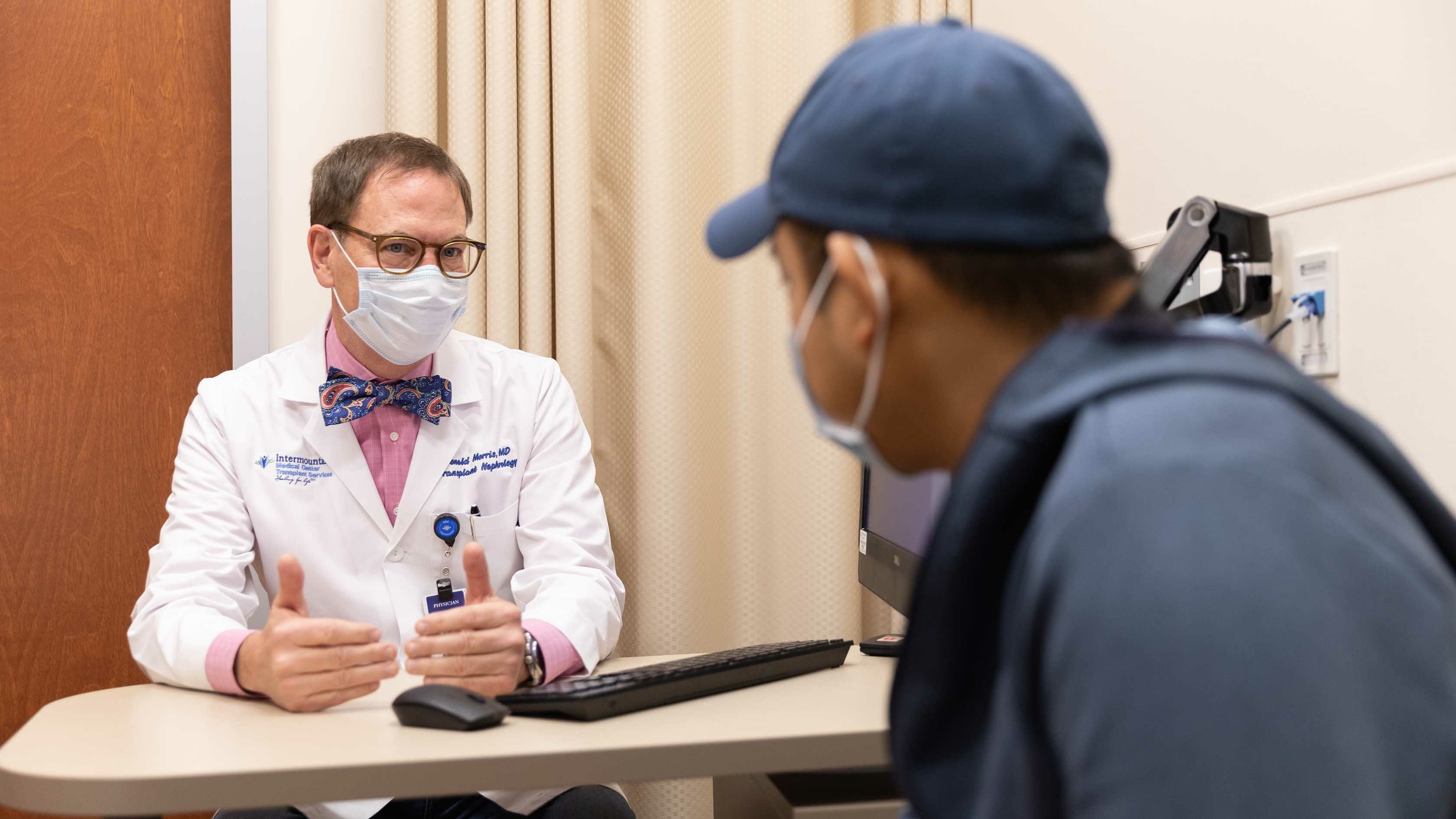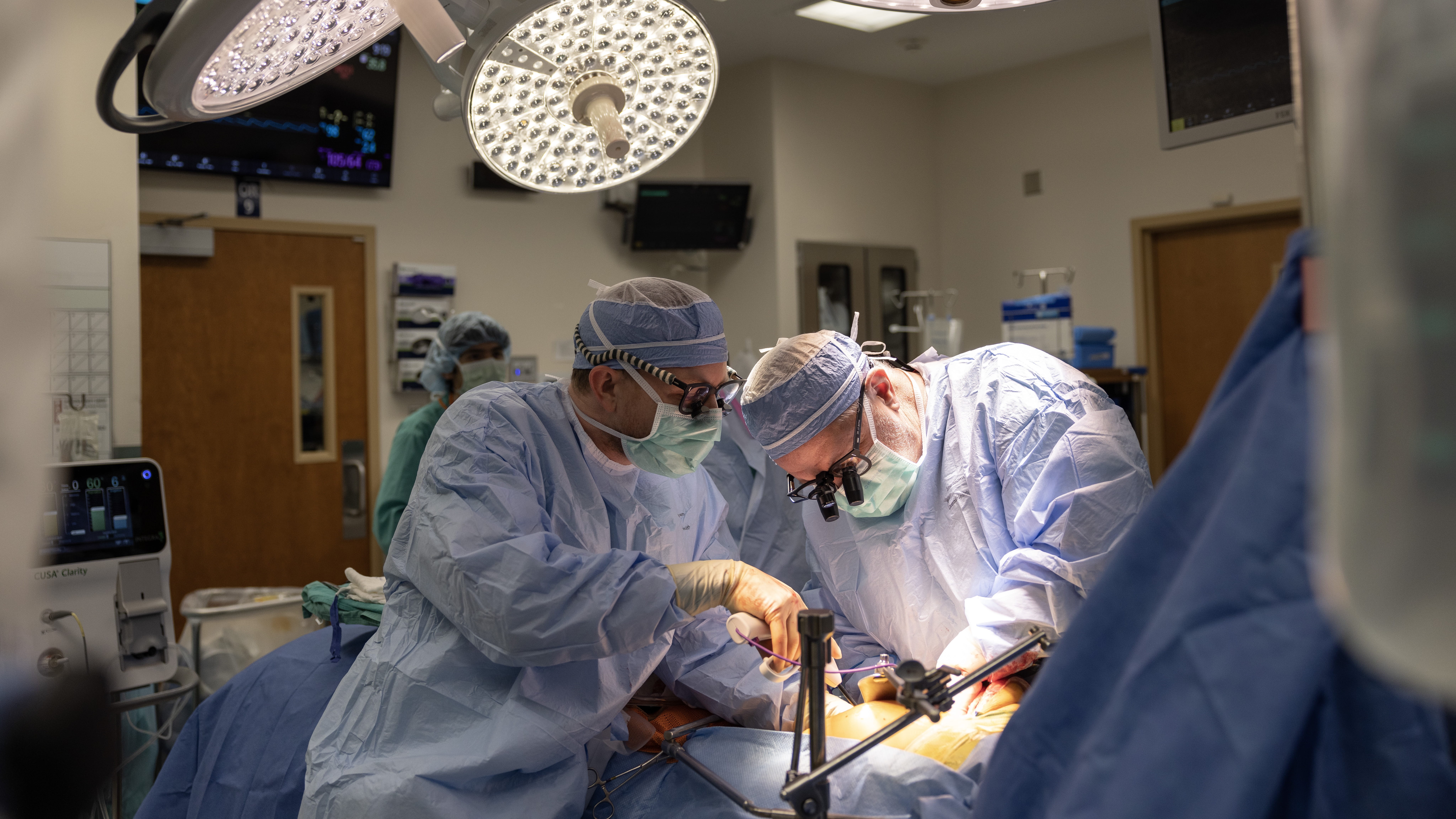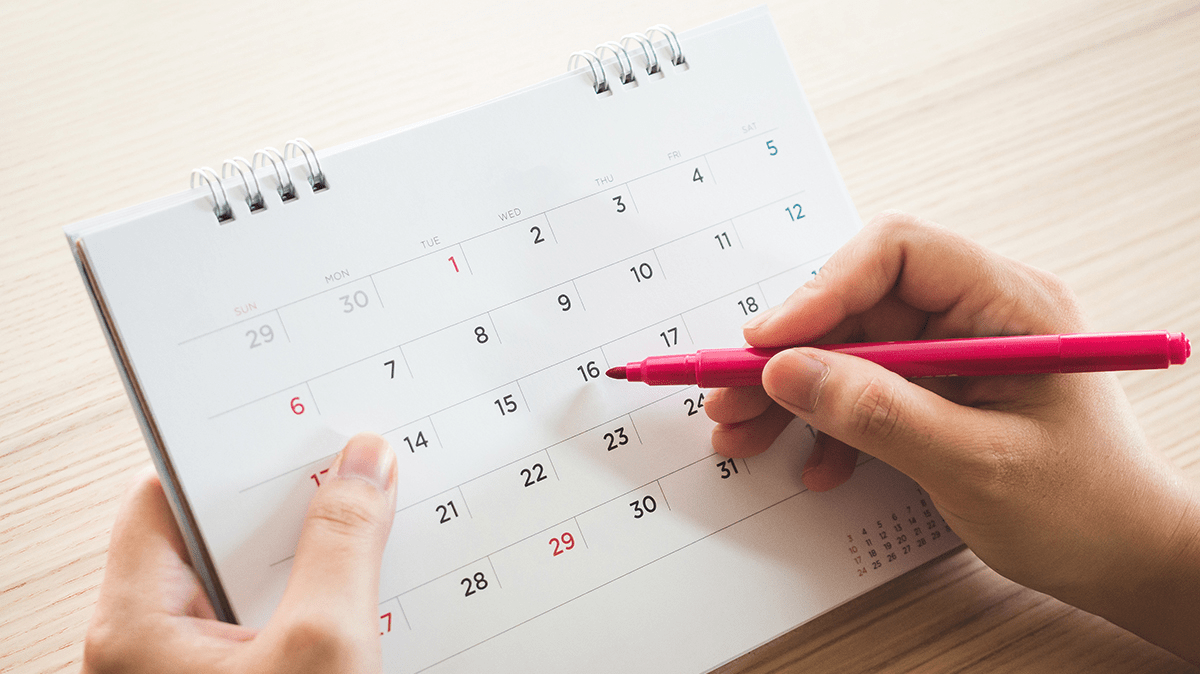What is living liver donation?
More than 11,000 people across the nation are waiting for a liver transplant. One way to help those in need is through identifying those who are willing to donate a portion of their healthy liver to replace the failing liver of someone on the waiting list. Within a few months, the remaining portion of the liver in the donor will regrow to its normal size, volume and capacity. The same thing happens to the portion of the liver transplanted into the patient, giving them a full-functioning liver.
Living donor liver transplantation is an option to help improve the lives of those on the waiting list by providing them with the life-saving organ.
Why choose Intermountain for living liver donation?
At Intermountain Health, we want to give everyone who needs it the best chance at getting the liver transplant they need.
The problem is, it’s hard to know when a liver will be available from someone who has passed and is a donor, so we encourage you to think about a living liver donor transplant as your first option.
We have found our community and the surrounding area to be full of willing, potential donors once they hear someone is in need. Our living donor team is here to help you navigate this process.
We set a record in 2022 by doing 104 liver transplants, with 13 of those coming from living liver donors.
Frequently asked questions
What are the testing requirements for liver donation?
What's the process like for a living liver donor?
Becoming a living liver donor is made up of three parts: evaluation, approval, and surgery.
Evaluation, in most cases, can be done over the course of three to four weeks with most of the testing being done in two days in our transplant clinic. It may take an extra one to two weeks to go over your results and get approval to donate.
Once approved, surgery can move forward based on availability. The timeframe may be extended if unexpected health issues are discovered for the donor or the person getting the liver.
How will I know if I am a living liver donor match?
There are two important parts to finding a match – learning your blood group type with a blood draw and an assessment of your liver’s weight and structure using a CT scan and MRI scan.
If you are not a match with the intended recipient, you may have the option to see if you could be a match for someone else who’s waiting to get a living liver donor transplant.
What if there are multiple living liver donors?
What are the risks of living liver donation?
As with any surgery, there are many risks associated with living liver donation surgery. Most risks are rare and minor and resolve on their own. In some cases, the complications are serious enough to require another surgery or medical procedure or can cause severe injury or death.
Every donor candidate is required to join our online donor education class. During this class we discuss the risks and allow time for questions. Some of the risks include:
- Scars, pain, fatigue, and other consequences typical of any surgical procedure.
- Hernia or wound infection.
- Abdominal or bowel symptoms such as bloating and nausea.
- Possible death and/or illness for a living donor may be impacted by age, obesity, hypertension, or other donor-specific pre-existing conditions.
- Bleeding during or after surgery.
- There may be a delay in the function of your donated liver tissue after it has been placed in the recipient. There is a possibility that your donated liver tissue will not function for the recipient.
- Biliary complications, including leaking or stricture development, that may require additional interventions.
- Damage to nerves. This can happen from pressure or positioning of the arms, legs, or back during the surgery. Nerve damage can cause numbness, weakness, and/or pain. In most cases these symptoms are temporary.
- Surgical site infection
Because living liver donation is a relatively new procedure, it is not known what the long-term complications may be. However, studies of large groups of living donors over the last 30 years have shown that donation does not affect long-term life expectancy.
How long does it take to recover from liver donation?
Most people who donate a liver should plan to take six to eight weeks off of work for surgery and recovery. Please bear in mind it can take more time for your energy levels to return to normal.
Physically demanding jobs, like ones that require you to lift more than ten pounds, may require eight to 12 weeks off of work. Strenuous activity and vigorous exercise should be avoided for six to eight weeks.
Will I have diet or medication restrictions after liver donation?
Who pays for liver donation-related expenses?
Expenses related to liver donor testing, surgery, and follow-up are covered by the insurance of the person getting the liver. However, donors will need to prepare for the cost of travel, housing, and lost wages.
Living liver donors can apply for financial assistance through the National Living Donor Assistance Center.
We encourage you to look into other resources, including more about the financial and medical impacts of living donation, at the American Society of Transplantation Living Donor Toolkit.
Will I need to travel for a living liver donation?
Can I talk to someone who has donated part of their liver?
A Care Team Centered Around You
Meet our Living Liver Donation Team
Living Liver Donor Advocate
Your Living Liver Donor Advocate plays a key role in your journey.
The Living Donor Advocate acts independently from the hospital and supports living donors by making sure their rights and interests are protected while avoiding contact with the person who needs the liver transplant. Living Donor Advocates also makes sure you’re not being pressured by someone else to donate. They can help you throughout the donation process and answer questions privately.
Living Liver Donor Assistant
Your Living Liver Donor Assistant plays a key role in your journey.
A Living Liver Donor Assistant plays an important role in the process, because they are your first point of contact with the transplant team. Assistants help you with medical records requests, keep you informed about your status, schedule appointments, and answer your questions in the early phases of your liver donation journey.
Living Liver Donor Coordinator
Your Living Liver Donor Coordinator plays a key role in your journey.
A Living Liver Donor coordinator is a Registered Nurse who educates you about living donation and works as a case manager throughout the process. Coordinators make sure you get all of the required tests and evaluations. They also keep you updated about your results and progress. A coordinator will reach out to you after they go over your completed questionnaire to talk about the donation process and answer any questions you have.
Provider
Your Provider plays a key role in your journey.
A transplant provider can be a specialist, a transplant surgeon, or another type of physician. They will lead your care team.
Advanced Practice Provider
Your Advanced Practice Provider plays a key role in your journey.
An Advanced Practice Provider (APP) is usually a physician’s assistant or a nurse practitioner. They help support your provider in diagnosing and managing your care.
Dietitian
Your Dietitian plays a key role in your journey.
A dietitian helps you eat a healthy diet that will prepare you for a transplant. After surgery, their advice will help your body get the calories and nutrition it needs to heal.
Transplant Pharmacist
Your Transplant Pharmacist plays a key role in your journey.
A pharmacist specializing in caring for transplant patients will instruct you about your transplant medications. They will explain any side effects, and how to take the medications.
Social Worker
Your Social Worker plays a key role in your journey.
The process of getting an organ transplant can be very emotional. Our social workers can help you and your family cope with stress, anxiety, depression, and grief. They can also help connect you with community resources, housing, and spiritual support.
Financial Coordinator
Your Financial Coordinator plays a key role in your journey.
A financial coordinator will handle your billing. They will work with your insurance to figure out benefits. They can also help get financial assistance.
Nurse
Your Nurse plays a key role in your journey.
In the hospital, nurses help give you daily care. They keep track of your symptoms and side effects and help you know what is happening with your transplant.
Your Donation Journey
The length of your journey will mainly depend on how quickly you finish each step. Expected times are shown below:







